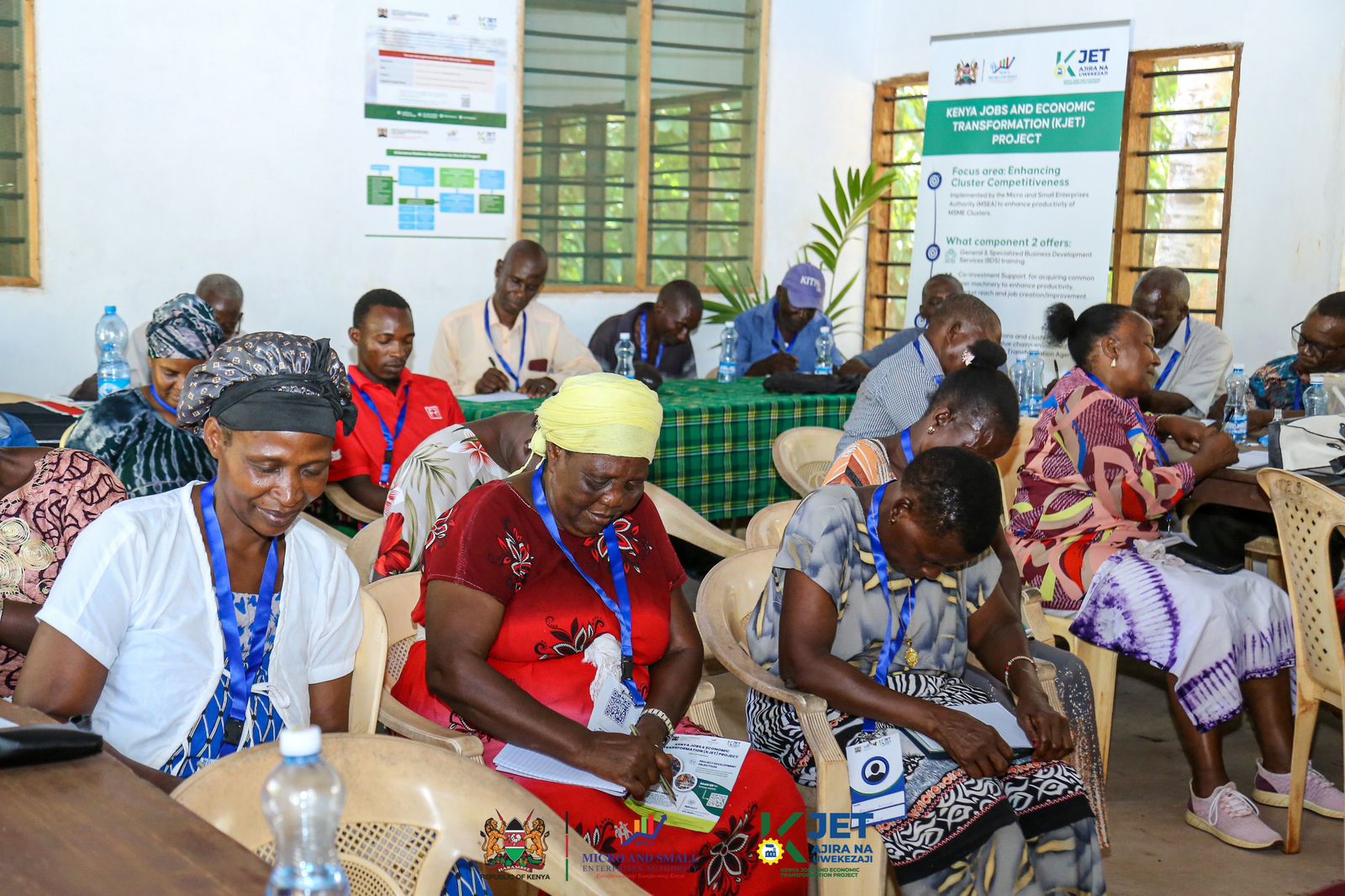Alcohol brewers and distillers have criticized the Finance Bill 2024, arguing that it introduces double taxation.
The Alcoholic Beverages Association of Kenya (ABAK) warned that some provisions in the proposed law could drive alcohol manufacturers out of the country.
The Finance Bill 2024 aims to amend the Excise Duty Act by removing Section 14, which currently allows manufacturers to claim input tax.
If passed in its current form, manufacturers say they would end up paying more than double the tax they currently pay.
“The result is that local manufacturers will face double taxation on products at both the input and finished goods stages, while imported products will only incur excise tax on finished goods,” said ABAK chairman Eric Githua at a press conference in Nairobi.
The removal of this relief would increase the cost of locally produced spirits, making them less competitive and potentially stifling local manufacturing efforts.
“It will turn Kenya into a net importer of excisable products, becoming uncompetitive within the East African Community. This could encourage cross-border illicit trade as products will be cheaper in neighboring regions,” Githua added.
For a typical milliliter bottle of the most popular spirit varieties, the cost would rise from Sh300 to Sh770, considering the proposed increase in excise duty on finished products.
“No other country imposes excise duty on raw materials. We are essentially undermining ourselves because no one will want to invest here, and we will become net importers,” said ABAK secretary Eric Kiniti.
ABAK noted that the combined effect of this year’s Finance Bill and other government actions over the past year creates an environment unfavorable for business.
Nationally, directives by the Ministry of Interior and Coordination of National Government to tackle alcohol and drug abuse have led to unfair and unprocedural restrictions on retailers.
At the county level, especially in Central Kenya, county governments have implemented laws passed by their assemblies that restrict businesses and disregard entrepreneurs’ investments, according to sector players.
“Some unreasonable provisions include banning electronic advertisements for alcohol, limiting nighttime transportation of alcohol, restricting advertising using branded vehicles, and mandatory branding of vehicles,” said Kiniti.

ABAK Warns High Taxes Could Force Alcohol Manufacturers to Leave Kenya
Last year, the sector was spared an increase in tax in the Finance Act as the Treasury awaited results from a study by the University of Copenhagen and the Africa Economic Research Consortium, which aimed to establish an ideal taxation model for alcoholic beverages.
The study found that beer had reached its maximum taxation level and that Kenya’s taxation rates are higher than the global average and the highest in the region. It recommended shifting the approach to taxing alcohol based on alcohol content.
For spirits, three scenarios were presented: maintaining the current rate of about Sh8 per centiliter, increasing it to Sh12, or Sh16. The Treasury opted for Sh16 per liter, which ABAK argues is sudden and would negatively impact both consumers and manufacturers, reversing progress in combating illicit alcohol proliferation.
“Such a sudden increase in one year is too abrupt. A gradual increase over several years would be more manageable for everyone,” said Githua.
The biggest risk, he noted, is that many consumers might turn to illicit alcohol, which is already widespread. A 2023 study by Euromonitor International found that 59 percent of alcohol sold in Kenya is illicit.



